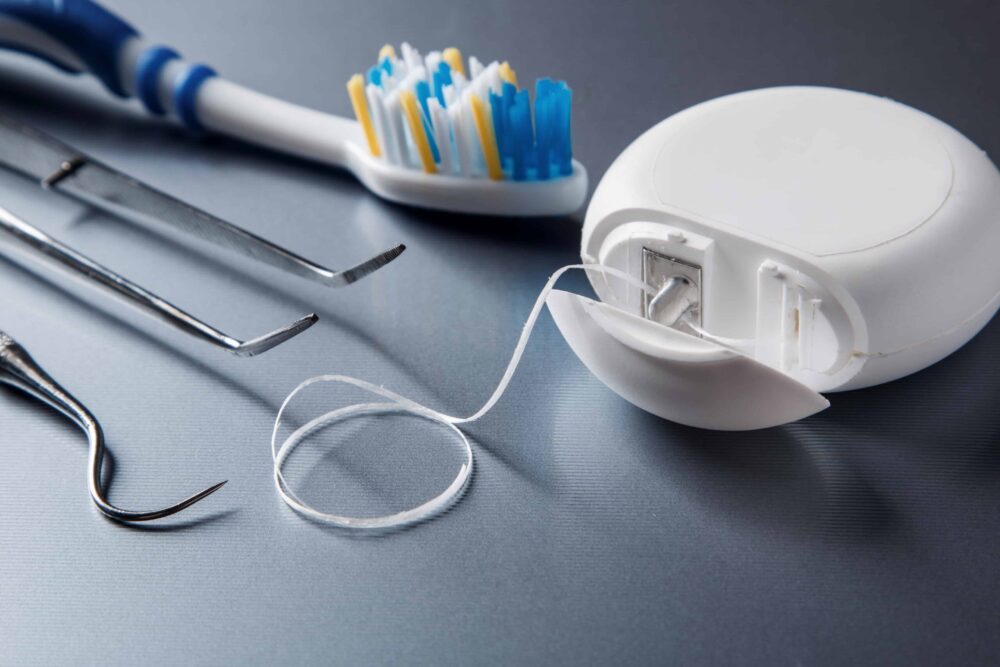When it comes to oral hygiene, most people know that brushing and flossing help prevent cavities and gum disease. However, new research suggests that flossing might do much more—it could significantly lower the risk of stroke.
A groundbreaking study presented at the American Stroke Association conference found that flossing just once a week can reduce the risk of stroke by more than 20%. But how exactly does flossing affect brain health? Let’s explore the surprising link between your gums and your heart.
The Link Between Oral Health and Stroke
How Can Flossing Protect Against Stroke?
Flossing plays a crucial role in removing plaque and harmful bacteria that build up between teeth and along the gumline. If left untreated, these bacteria can cause inflammation and lead to periodontal disease, which has been linked to systemic health issues like:
- Heart disease
- Blood clots
- Increased stroke risk
A 25-year study of 6,258 adults found that individuals who flossed regularly had a lower incidence of ischemic and cardioembolic strokes—two stroke types commonly associated with cardiovascular disease. These findings reinforce the strong connection between oral and overall health.
📌 Related Reading:
- The Importance of Oral Health in Systemic Disease Prevention
- Why Do My Gums Bleed? Understanding Gum Disease
The Role of Oral Health in Heart and Brain Health
Can Gum Disease Increase Your Stroke Risk?
Poor oral hygiene has long been linked to increased heart disease risk. Harmful bacteria from infected gums can enter the bloodstream, causing inflammation that damages blood vessels and encourages clot formation.
This same mechanism is believed to increase stroke risk, making flossing and overall oral hygiene crucial for cardiovascular health.
✅ Preventing Gum Disease Helps:
- Reduces inflammation in blood vessels
- Lowers chances of plaque buildup in arteries
- Decreases risk of heart-related complications
🔎 Looking for a family-friendly dentist? Check out Preventive Dental Care Services to maintain optimal oral health.
How to Make Flossing a Habit
Even though flossing is essential, many people neglect it. Here are simple tips to make flossing a consistent part of your daily routine:
1. Keep Floss Handy
Place floss next to your toothbrush as a visual reminder.
2. Use Different Flossing Tools
If string floss is difficult, try:
- Floss picks
- Water flossers
- Interdental brushes
3. Make It Routine
Start by flossing at least once a week and gradually increase to daily flossing.
4. Combine Flossing with Brushing
Floss before or after brushing to make it a habit.
📌 Related Reading: Choosing the Right Dental Products for Your Oral Health
Take Action for Your Health
This new research highlights how flossing protects both your teeth and your heart. By flossing regularly, you’re not only preventing gum disease but also reducing your stroke risk.
At Pecan Tree Family Dentistry, we encourage all patients to maintain strong oral hygiene habits for a healthier life. If you need professional dental cleaning or flossing tips, contact us today!
📞 Book an appointment: Contact Us
📌 Explore More:



